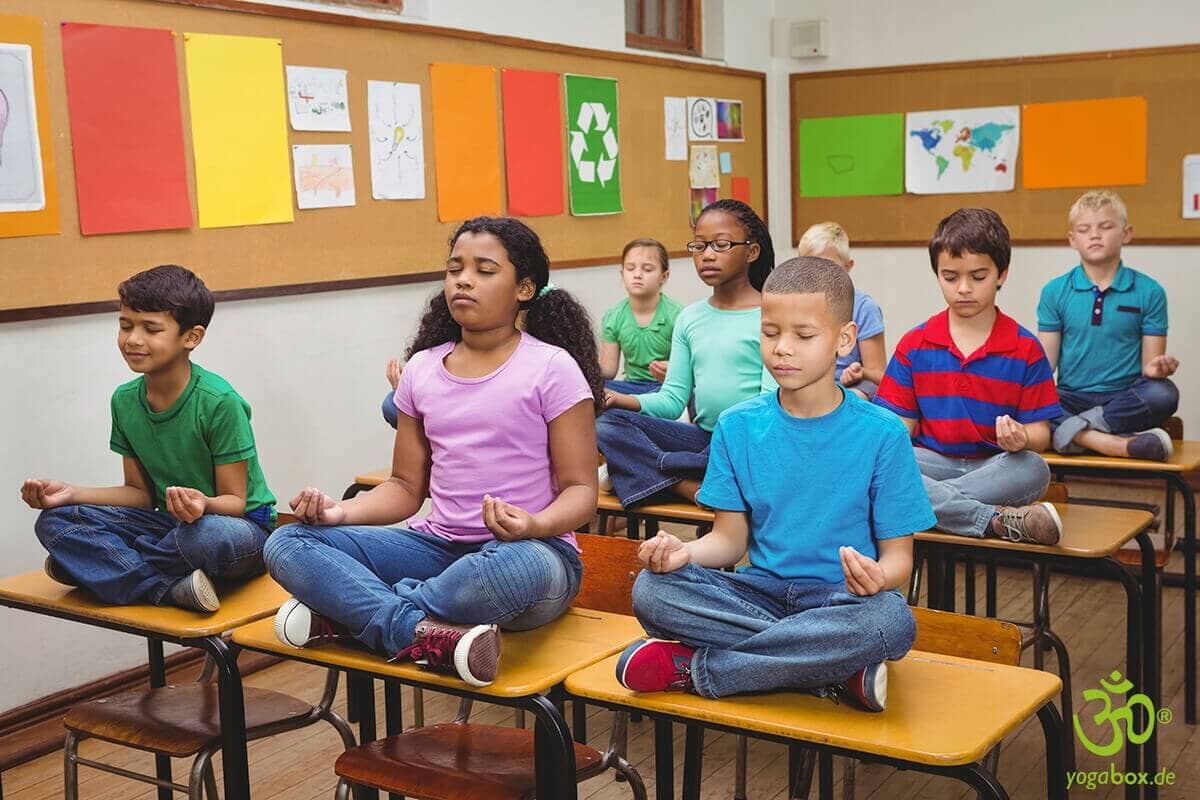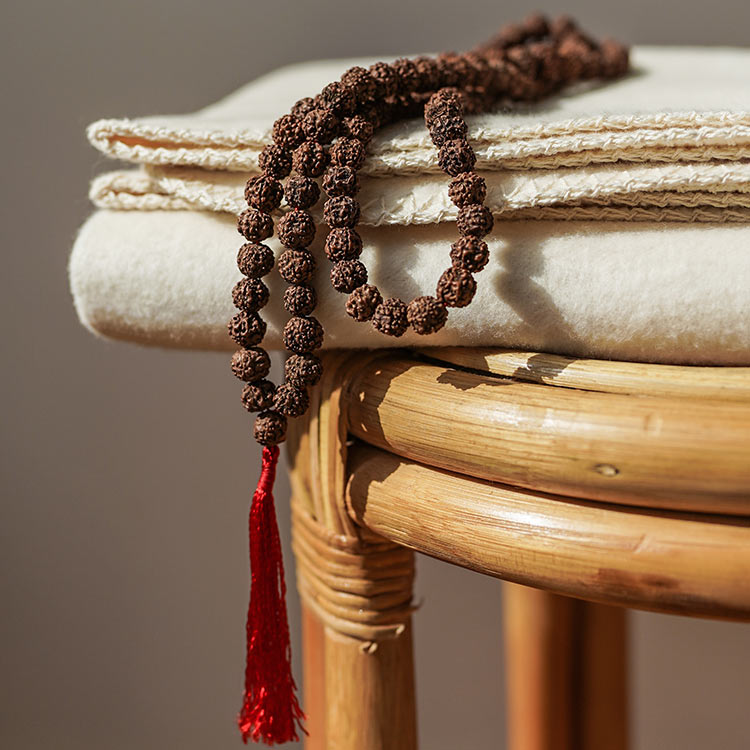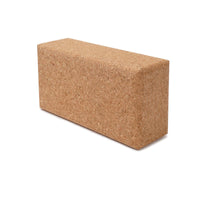
Meditation for children
 Meditation for children
Meditation for children
As we all know, the most important things in life are learned as children. What we learn at a young age usually stays with us into old age, so we can always return to it when needed. It's similar with meditation. Perhaps you're one of those devoted mothers or fathers who want to give your children a stable framework of effective coping strategies for every conceivable challenge they can face. Perhaps your child is particularly bright, active, and at times overly boisterous, so you want to create a natural balance. What has proven successful for adults is undoubtedly good for children too. Especially in an age characterized by hectic pace, noise, and a constant pressure to consume, be it in the form of entertainment media or information technology, knowledge of meditation techniques has proven almost indispensable.
The positive effects of meditation for children at a glance
While the following list is not exhaustive, we would like to highlight some of the effects of meditation in childhood, which demonstrate that you are truly offering your child only the very best. One important aspect in this context is, for example, that your child learns the ability to self-regulate at an early age. Given that this is an area that even many adults struggle with, the development of this skill is undoubtedly to be welcomed. Closely linked to this is the control of one's own emotions. Anxiety, fear, anger, sadness, and other feelings, as well as tiredness and exhaustion, can be quickly overcome because children know where to find the calm they desperately need in any given situation. Accordingly, the pressure to perform, which often begins in kindergarten, has little effect on them. Even a widespread lack of concentration can be easily corrected through meditation. It is usually caused by sensory overload and a lack of ability to select and prioritize. A challenge that the majority of adults also continue to struggle with. It's no coincidence that meditation is often referred to as a 'journey within'. All external distractions fade, and through the exercises, children learn to focus on what is truly important. Especially during this crucial developmental phase, meditation has a doubly positive effect on the development of cognitive skills. On a physical level, children learn to control their emotions more quickly and thus lead a more self-determined and self-confident life. Meditation can also have a positive effect on physical development. According to studies, children who meditate, for example, suffer less frequently from back pain, eating disorders, and other, primarily psychosomatic, ailments, and are generally healthier.
Meditative exercises for children of different age groups
To ensure the desired success, it is crucial to find a form of meditation appropriate for the child's age. Kindergarten children cannot concentrate for very long periods of time. A minute of silence is the absolute maximum here. A playful and creative approach to meditation is also necessary to stimulate the little ones' interest. To maintain this interest, a particularly varied program that appeals to all the senses has proven effective. From dimming the room at the beginning to using various sound instruments and mantras, anything is conceivable. Meditation is also often practiced in elementary schools as part of children's yoga , for example, in a four-minute session at the beginning of each school lesson. In India, the birthplace of meditation, children reach a turning point at the age of ten, which means that from this point on they can practice adult meditation.
Basically, meditation for children does not differ too much in its effect from its counterpart for adults, but rather in the 'preparation' and the time frame.
Image © Wavebreakmedia







